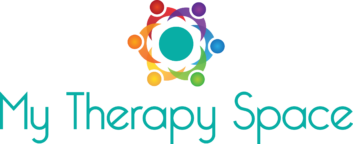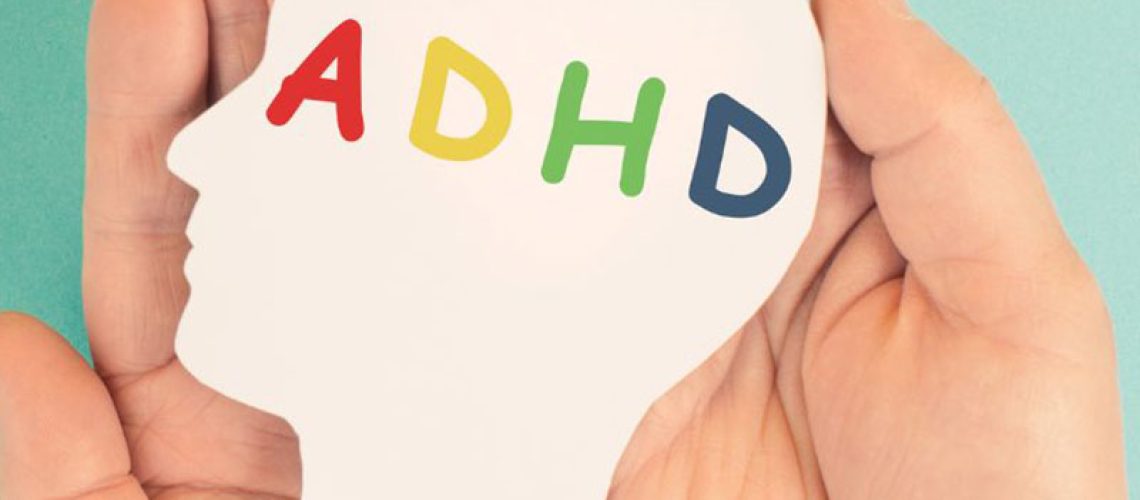This month is ADHD Awareness Month, and this year’s theme is ‘Awareness is Key!’. Raising awareness of what it’s like to have ADHD is really important, as it paves the way for better support for those with ADHD in school, at work and in the community.
What is ADHD?
ADHD is a difference in how the brain grows and develops, that is present in about 1 in 20 Australian brains.
ADHD stands for Attention Deficit Hyperactivity Disorder, and this diagnosis is given when someone presents with differences in their ability to sustain attention, manage their impulses, or has a higher level of activity compared to other people their age.
An ADHD diagnosis recognises that these developmental differences are having a significant impact on a person’s ability to function across multiple areas of life, including learning, work, social connection, and activities of daily living like household chores.
What Causes ADHD?
ADHD is part of who a person is from birth. ADHD is not something you can ‘catch’ or ‘acquire’ later in life – especially not from things like too much sugar, poor parenting or overuse of technology! In fact, there is a strong genetic component to ADHD – meaning parents are likely to pass on the ADHD brain type to their children.
How is the ADHD Brain Different?
Scientists think one of the main differences between brains with ADHD and those without is how well neurotransmitters—chemicals that send messages in the brain—function. In people with ADHD, these chemical messengers often struggle to communicate with the parts of the brain that handle important tasks, like working memory, planning, staying focused, controlling impulses, and keeping up consistent performance. Some brain imaging studies even show that the areas of the brain involved in these functions may differ in size and density.
How Does ADHD Affect Someone’s Day to Day Life?
Each person with ADHD is going to have a different experience of what it’s like to navigate the world.
For some people, having an ADHD brain may have very little functional impact on their day-to-day life. For others, ADHD might feel incredibly disabling and make it really hard for them to participate in the world around them.
For children, ADHD may impact their ability to get to school on time, remember all their belongings, pay attention in class, complete their homework or assignments on time (or do them too fast and miss answering questions!) – it can even impact their relationships with peers, educators and their family.
Kids with ADHD are often labelled as ‘forgetful’, ‘lazy’, ‘selfish’, or ‘disrespectful’ when their actions and responses don’t line up with the expectations placed on them. This can be really hard on their mental health – especially if they don’t yet have a diagnosis to help them understand why their brain works differently.
For adults, ADHD can show up in having a messy house, poorly organised belongings, being chronically late for work, forgetting birthdays or special events, engaging in ‘risky behaviours’, or always feeling like you ‘just need to try harder’ to try and keep up with everyone else.
BUT – there are also so many great things that come from having an ADHD brain! ADHDers are incredibly flexible thinkers, creative, great problem solvers, often cool in a crisis, passionate, deeply caring, big thinkers, great leaders, and are usually very determined and hard working.
Is ADHD a Disability?
In Australia, ADHD is recognised as a disability under the Disability Discrimination Act as it results in a person learning differently than others. This recognition makes sure that people with ADHD are protected from unfair treatment by schools, workplaces or members of the community on the basis of their disability.
However, ADHD is not currently recognised by the National Disability Insurance Scheme (NDIS) as a ‘primary disability’. This means people with ADHD cannot access support through the NDIS unless they also have another disability (such as Autism) that does meet the criteria.
As we mentioned before, ADHD affects everyone differently. How challenging these differences feel can depend on a person’s unique situation, their environment, and the support they receive from their community. This idea is known as the social model of disability. It suggests that disability happens when communities, services, or spaces aren’t inclusive or accessible to people with physical, mental, intellectual, or sensory differences. In other words, disability is often more about the barriers in the world around someone than about the differences they have.
Check back in again to our next blog post, about what supports are available for people with ADHD. Until then, the following websites might be helpful to learn more.
Where Can I Get More Information?
- ADHD Australia: https://www.adhdaustralia.org.au/
- ADHD Support Australia: https://www.adhdsupportaustralia.com.au/what-is-adhd/
- NeuroWild (Instagram): https://www.instagram.com/p/Cs49GXvvy5M/?img_index=1
- Onwards and Upwards Psychology (paid course): https://www.onwardsandupwardspsychology.com.au/raisinganadhder
- National Centre for Mental Health Wales (video): https://www.youtube.com/watch?v=YeamHE6Kank

